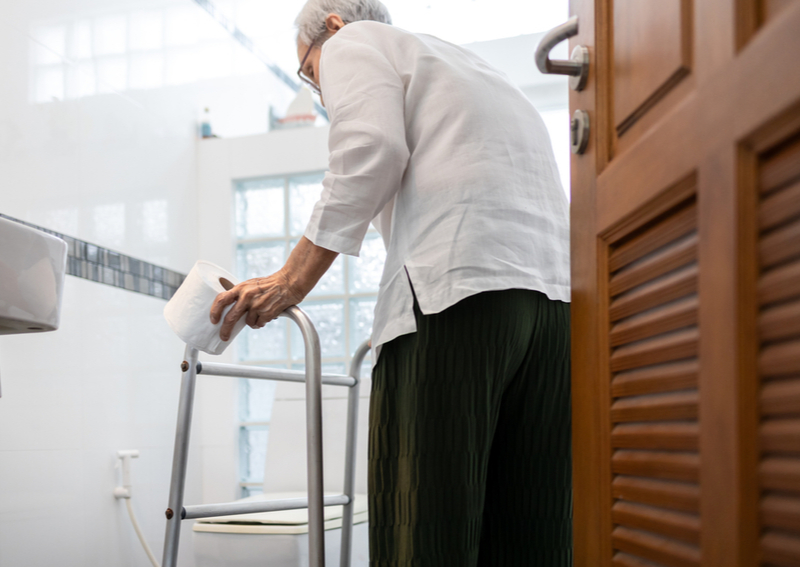
Everything you Need to Know about Urinary Incontinence in Seniors
Urinary incontinence is a condition that results in involuntary loss of urine. It is more common in seniors, although it can also happen to anyone due to an underlying condition that leads to loss of bladder control. In seniors, urinary incontinence generally happens as part of their aging, bowel, and bladder related conditions, or lifestyle choices. Las Vegas assisted living facilities, like Oakey Assisted Living & Memory Care, can help your loved one be comfortable while also receiving help with their needs, including those with urinary incontinence.
Sometimes, health complications related to aging, such as Alzheimer’s disease and Parkinson’s disease, or other problems like multiple sclerosis, diabetes, and stroke can also lead to urinary incontinence in seniors. In women, complications in pregnancies, the onset of menopause, and conditions like pelvic floor atrophy can lead to urinary incontinence, while in men, it can be due to not drinking enough water or prostate problems.
Regardless of what the cause of the condition is, urinary incontinence can be very embarrassing for the patient and lead to other psychological issues as well, especially in seniors who are living in an assisted living home. That is why caregivers at senior care facilities provide the best care and support to help their elderly residents manage urinary incontinence problems effectively and lead a happy and contented life. Below are some ways in which urinary incontinence can be treated.
Behavioral Therapy
Caregivers at assisted living communities provide behavioral therapy to help seniors learn how to delay the urge to urinate. This can be by slowly lengthening the intervals between bathroom trips or by practicing double voiding, wherein you need to train yourself to wait for a few minutes when urinating. This also helps you to drain the bladder more thoroughly.
Pelvic Floor Muscle Exercises
Kegel exercises are found to be quite effective in strengthening the muscles that help to regulate urination. You will need to practice these exercises a few times a day with the help of a caregiver and learn how to contract the right muscles to perform Kegel exercises effectively. Senior wellness is important to maintain in order for elderly guests at assisted living facilities to get the most out of their time in retirement.
Controlled Diet
Diet and fluid intake also play a great role in managing urinary incontinence issues. That is why caregivers at the assisted living home will prepare a balanced diet plan for you to meet your nutritional needs while addressing the health complications adeptly as well. They will also ensure that you do not consume anything that can add more stress to your bladder.
Medications
Some prescription medications can also help to calm the muscles and nerves around the pelvis and prevent bladder spasms. That, in turn, helps to prevent involuntary loss of urine and manage other symptoms related to the condition as well. Sometimes, assistive devices may also be used to help manage severe cases of urinary incontinence.
